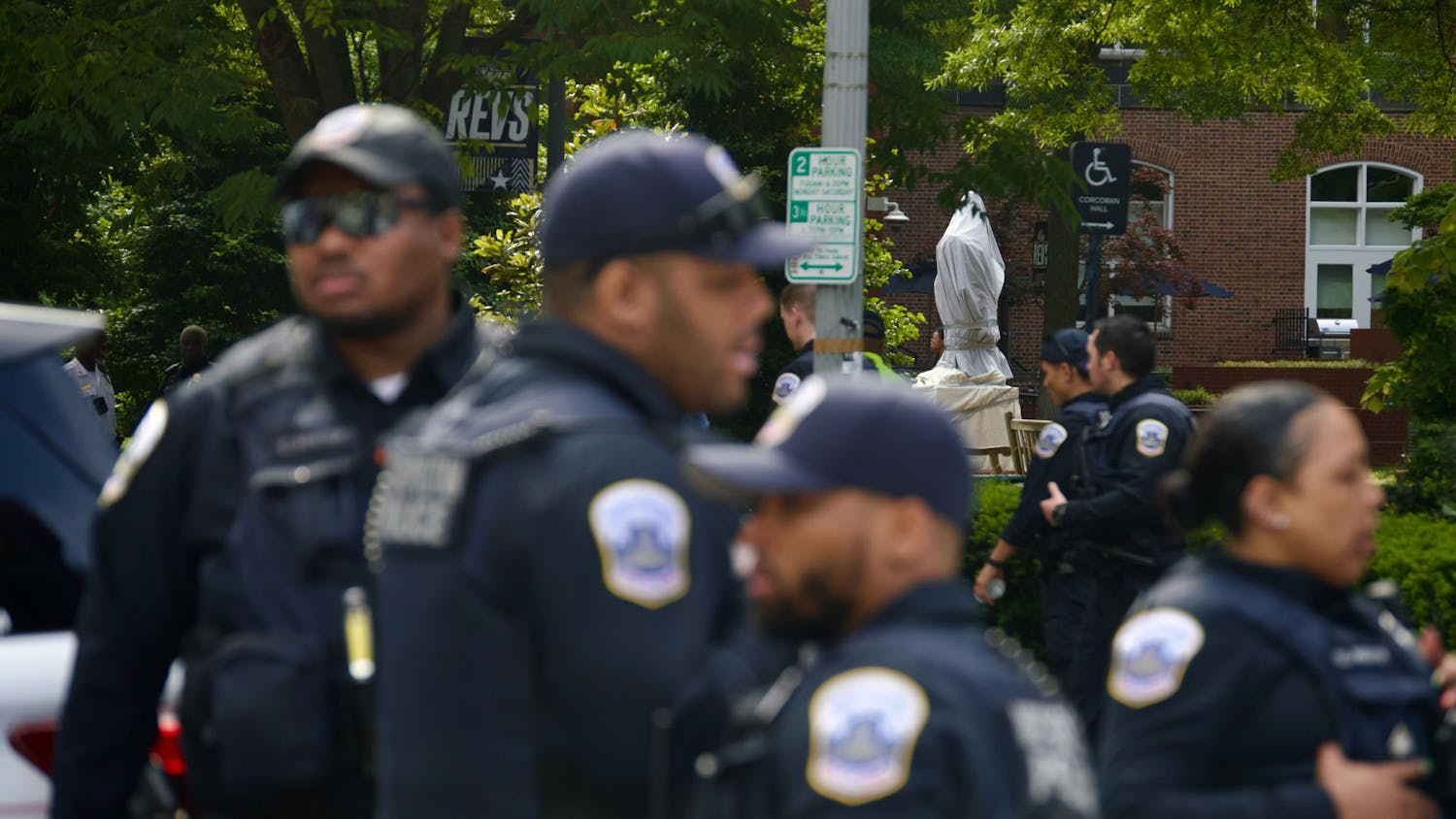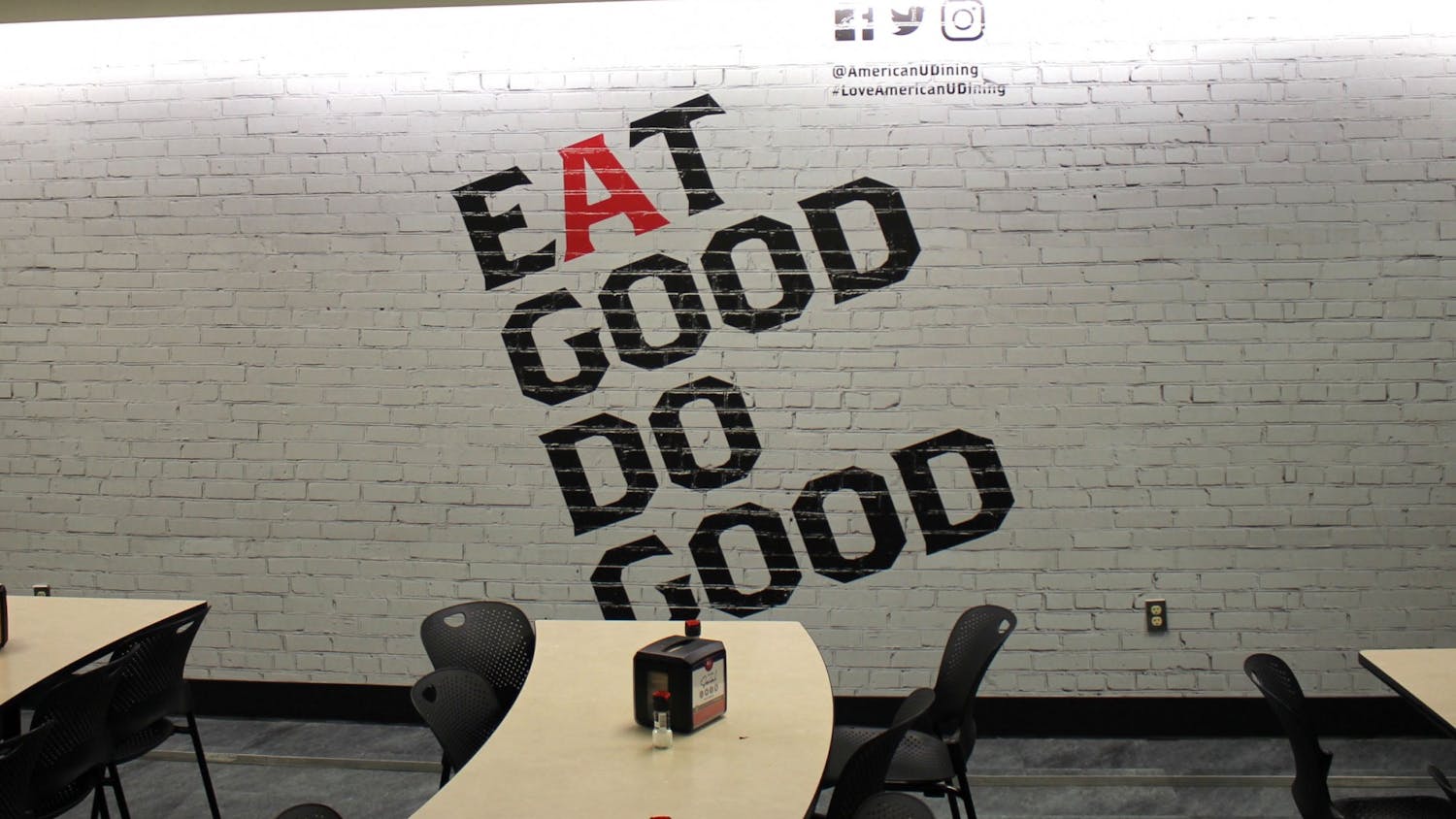The FBI is investigating an alleged hate crime against three Palestinian students Jan. 20 at Guilford College in Greensboro, N.C., according to The Washington Post. Palestinian students at AU said they have suffered from anti-Palestinian sentiment on campus as well.
The victims, Fares Khader, Osama Sabbah and Omar Awartani, sustained injuries including bruises and concussions while being beaten, according to the Palestinian Initiative for the Promotion of Global Dialogue and Democracy (MIFTAH). The perpetrators used brass knuckles, their fists and feet to beat the victims, The Post reported.
Besides being called terrorists, the victims say their attackers used racial slurs while beating them, according to The Post.
Greensboro police will not pursue its own charges against the accused football players in the attacks. Nevertheless, a North Carolina magistrate judge charged the six football players with misdemeanor assault and five of them with ethnic intimidation, the D.C. Examiner reported. The FBI will continue its investigation of the incident as a possible hate crime.
AU students Mohammed J. Abu Asaker, a second-year graduate student in the School of International Service, and Tala A. Rahmeh, a first-year graduate student in the College of Arts and Sciences, said there have been several incidents when they felt other students judged them because of their ethnicity. But overall, Asaker and Rahmeh praised the AU community for its openness toward a diversity of political views.
Rahmeh, a member of Students of Justice for Palestine, said she lives in constant fear of not being accepted because of her Palestinian heritage.
Rahmed, who attended Birzeit University in Ramallah before coming to AU, said she was deeply saddened about the Greensboro attack because she grew up with the victims in Ramallah, Palestine. In the small city of Ramallah, everyone knew the victims because they are from prominent, educated families, she said.
Miriam Wood, a sophomore in SIS and the president of Students for Justice in Palestine, said she blamed the attack on the general assumption that people who have Arab heritage are terrorists.
Asaker, who was detained in Gaza for six months after he was accepted to AU because of the Israeli blockage of the area, said he suffered one incident of anti-Palestinian attitude at AU. During an event held by Students for Justice in Palestine last semester, he was interrupted with shouts and jeers from the audience, he said.
Although Asaker calls the District his "home away from home," he said the American media has influenced people's behavior and feelings toward Palestine.
"The media is biased to Israel and portrays the Palestinians as blood suckers," he said.
Bonnie Weintraub, a senior in the School of Public Affairs and president of Students for Israel, said there is a strong relationship between Israel and the U.S., which is evident in media coverage of the Israeli-Palestinian conflict. There is, however, some anti-Israeli sentiment on AU's campus, Weintraub said.
Pro-Palestinian students protested AU Students for Israel events in the past, Weintraub said.
Despite the divisive nature of the discussion on Israeli-Palestinian relations, Weintraub and Wood said there is no hostility between the clubs.
"If we can't get along here on campus, how can we expect Israel and Palestine to get along?" Weintraub said.
Each year members from both clubs gather for a round-table talk and a candle-lit peace vigil.




